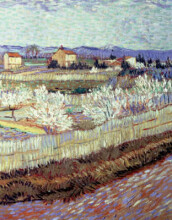Groundwater - Groundwater usage
13 important questions on Groundwater - Groundwater usage
What is desiccation and how is it prevented in the Netherlands?
Name 2 different forms of irrigation
- drip-irrigation: water dripping through small holes in a hose, minimizing losses by limiting ponding, srface runoff and evaporation.
When is capillary rise impossible?
2) in grof material the water film around soil particles in the unsaturated zon e is thin and discontinous (flows harder)
- Higher grades + faster learning
- Never study anything twice
- 100% sure, 100% understanding
What is a disadvantage of irrigation?
How can the salt concentration in the root zone become too high?
2) capillary rise transports salt from the gruondwater
What questions are asked about pollutants to secure public health?
-when these pollutantsreach the groundwater, in which direction will they move?
-how fast do the pollutants move in groundwater?
-what is te effect of these pollutants on drinking water or industrial water extracted from groundwater, on residential areas or on surface water quality?
What are examples of location factors for plants?
What is hanging water?
What is the difference between consolidated and unconsolidated sediment?
What happens to the chemical composition of groundwater when it flows from relatively high areas to lower areas?
What is the subdivision of domestic water use in the in the Netherlands?
6% cleaning dishes
8% washing cars
29% flushing the toilet
38% showering and bathing
How is water used in the Netherlands?
Agricultural use: 6500 L pp per day
Industry: 90 L pp per day
What is the minimum water amount pp p day according to the WHO?
The question on the page originate from the summary of the following study material:
- A unique study and practice tool
- Never study anything twice again
- Get the grades you hope for
- 100% sure, 100% understanding





























